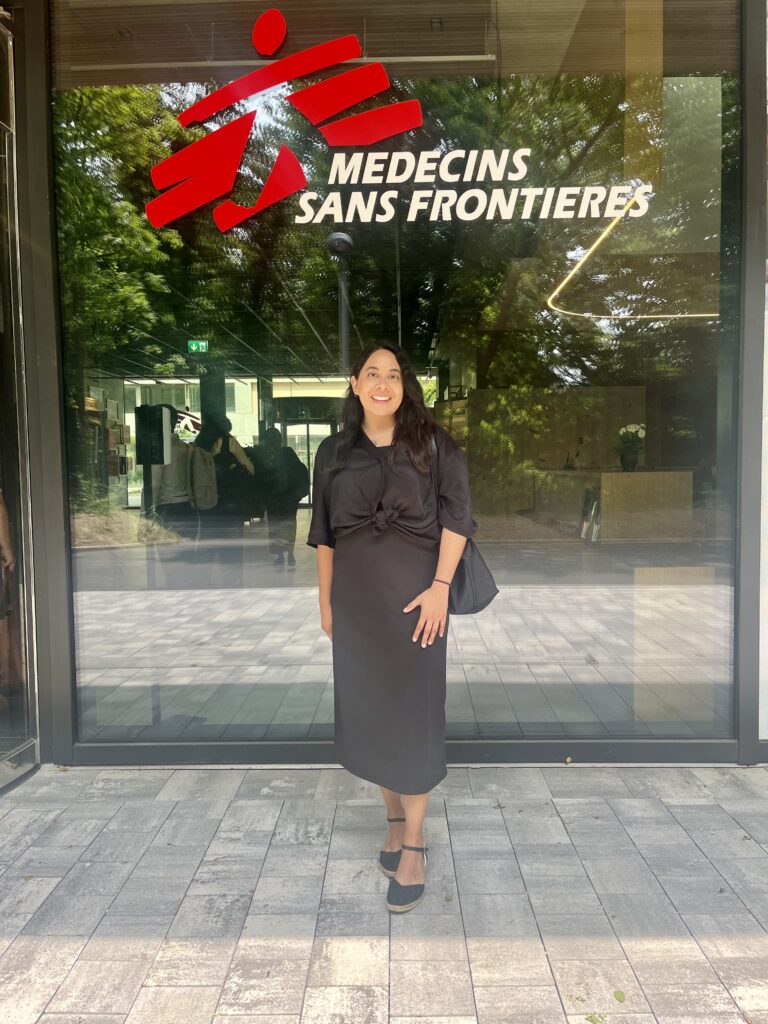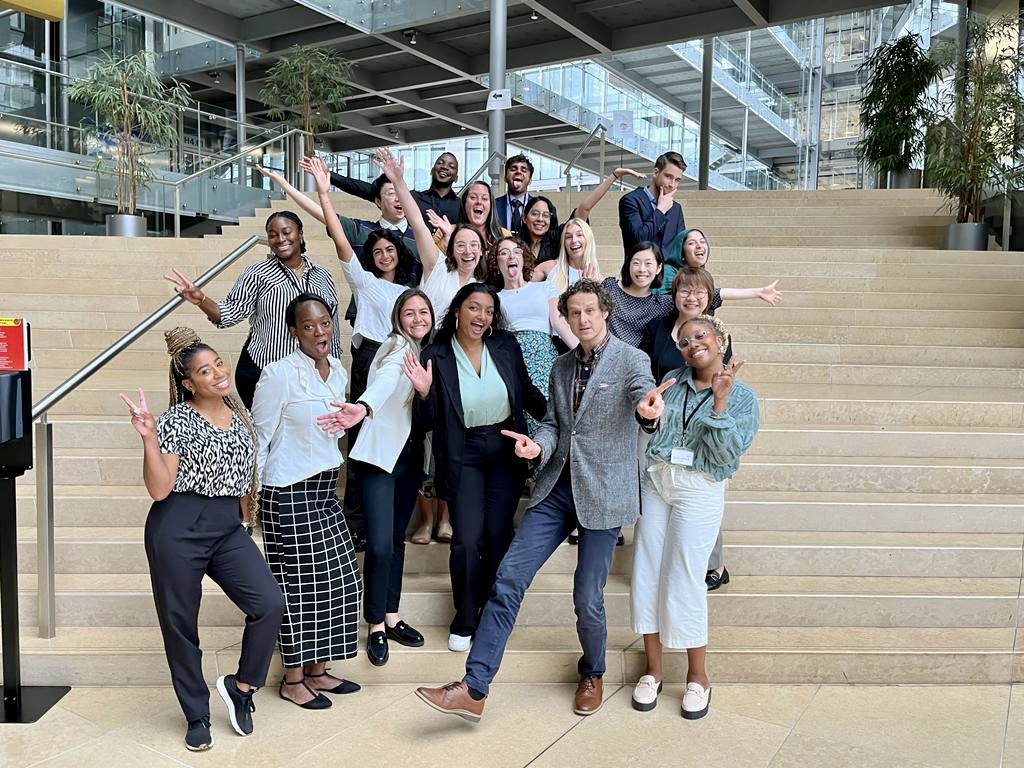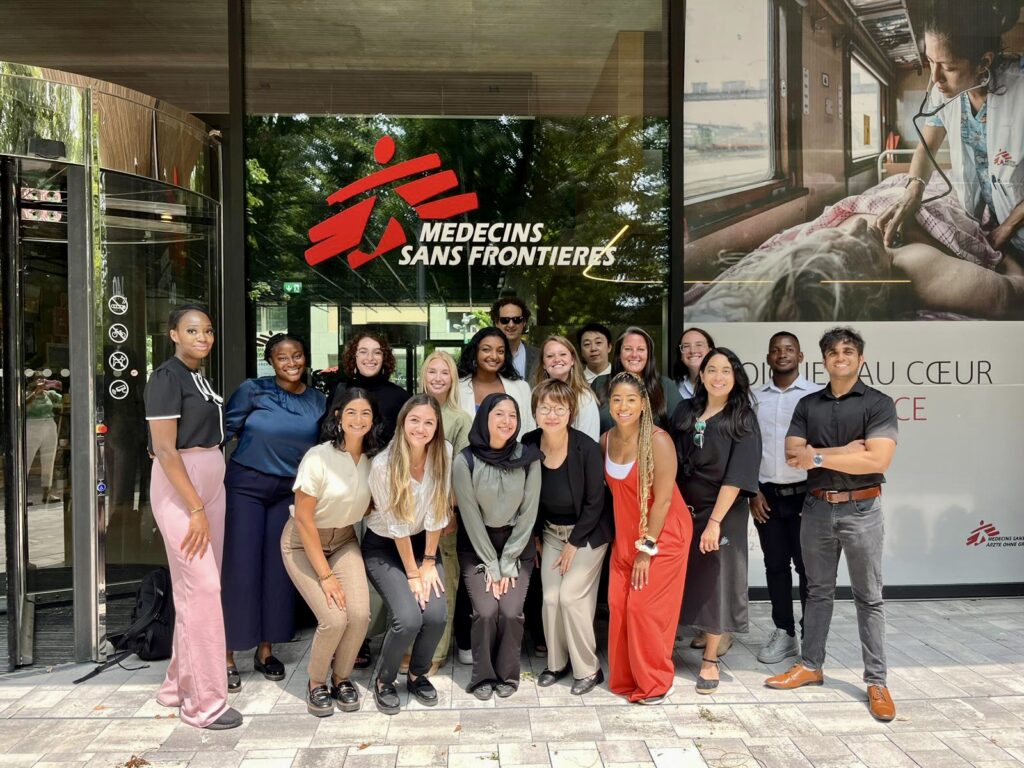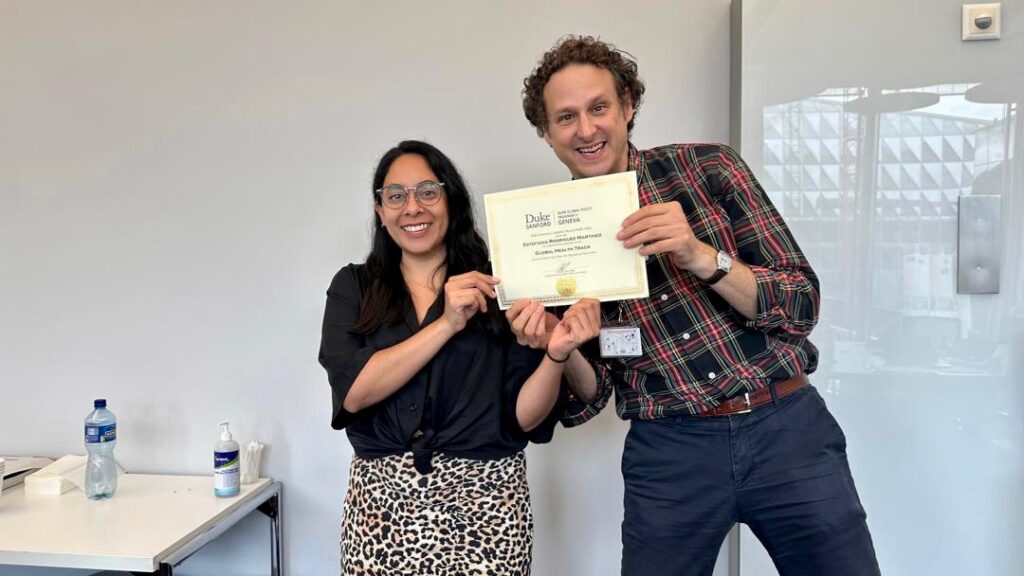“Venturing Across Global Development: “Voice and Agency for Communities and Advancing Health”
By Estefania Rodriguez (Duke MIDP ’24)
Summer 2023 AFE Blog Post Series
 My policy interests revolve around food policy, health policy, and development. This summer, I was able to nurture them during my Applied Field Experience (AFE) as a Research and Advocacy Intern at the Movement for Community-led Development (MCLD), a D.C.-based organization driven by the belief that every person deserves the right to have a voice in decisions that impact their lives. Sadly, many communities around the world lack this right due to being stuck in a top-down system that leads to alienation, clientelism, dependency, and resignation. During my internship, I contributed to MCLD’s goal to transform this situation by collecting and sharing methodologies that allows communities to take control of their development.
My policy interests revolve around food policy, health policy, and development. This summer, I was able to nurture them during my Applied Field Experience (AFE) as a Research and Advocacy Intern at the Movement for Community-led Development (MCLD), a D.C.-based organization driven by the belief that every person deserves the right to have a voice in decisions that impact their lives. Sadly, many communities around the world lack this right due to being stuck in a top-down system that leads to alienation, clientelism, dependency, and resignation. During my internship, I contributed to MCLD’s goal to transform this situation by collecting and sharing methodologies that allows communities to take control of their development.
One of my primary responsibilities involved crafting a position paper titled “Utilization of Community-Led Monitoring in the Health Sector,” to gain a better understanding of how we can engage more effectively and create sustainable health interventions. Simultaneously, I assessed the evolving dynamics of community influence within the Latin American context. This region presents a unique landscape, prompting me to examine the factors driving shifts in community power. This comprehensive mapping exercise provided valuable insights, enabling the organization to formulate targeted strategies for effective community engagement. By recognizing the diverse characteristics of each country’s communities, we are better equipped to tailor our approaches to resonate with local populations.
Thanks to the Rotary Peace Fellowship, I also had the incredible opportunity to participate in the Duke Global Health Policy course in Geneva, Switzerland. As a fellow and aspiring policymaker, I can say that the knowledge and encouragement we received during this course are experiences I will cherish forever. The course granted us an exceptional and direct comprehension of the formulation and implementation of global health policy. It offered valuable insights into how diseases are viewed in both the global health policy landscape and by political actors. Moreover, we extensively examined cross-border challenges in global health, delving into crucial topics like human security and disease outbreaks.
Throughout the course, we had the privilege of meeting and learning from leaders representing organizations like the U.S. Mission in Geneva, Gavi – the Vaccine Alliance, The Global Fund, the International Committee of the Red Cross (ICRC), Medicines for Malaria Venture (MMV), FIND, the World Health Organization, and Médecins Sans Frontières (MSF). Moreover, we teamed up with the Humanitarian Crises, Refugees, and Human Rights Fellows for a case competition, where we worked on tackling the refugee crisis at the Egyptian/Sudanese border.
As my final project, I created a policy brief on “Fostering Equity in National Health Research Systems (NHRS) in the Americas,” drawing inspiration from the insights gained from WHO’s Alliance for Health Policy and Systems Research representative’s lecture. This brief emphasized the importance of enabling health research to generate evidence for informed decision-making and improved health outcomes, with a strong focus on ensuring fairness and inclusivity within NHRS. Such an approach aligns with the United Nations’ Sustainable Development Goals (SDGs) agenda, which strives to ensure that no one is left behind in the pursuit of better health outcomes.


